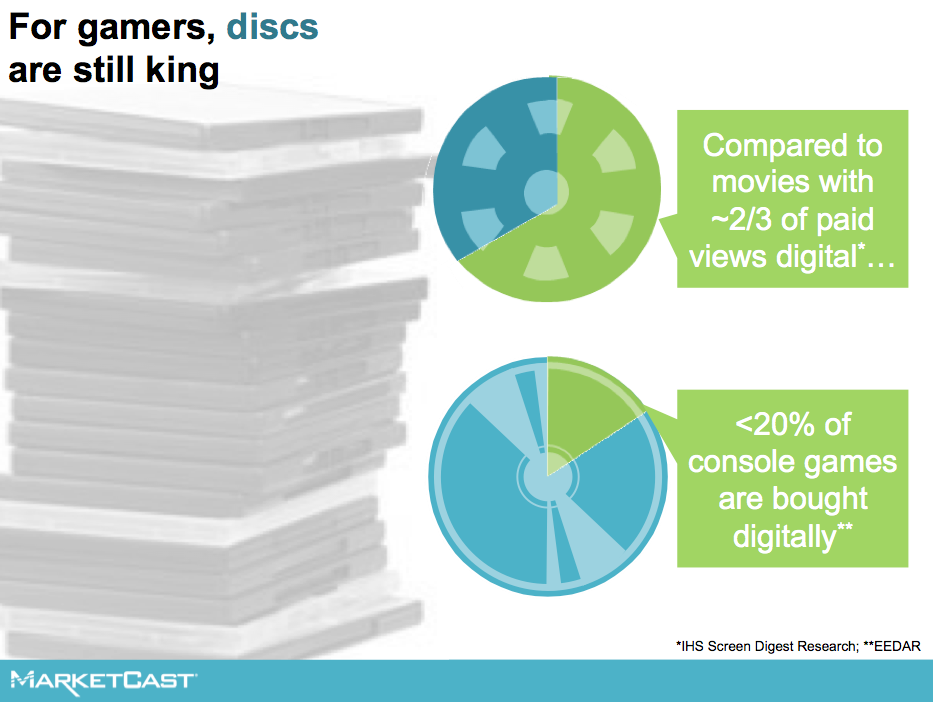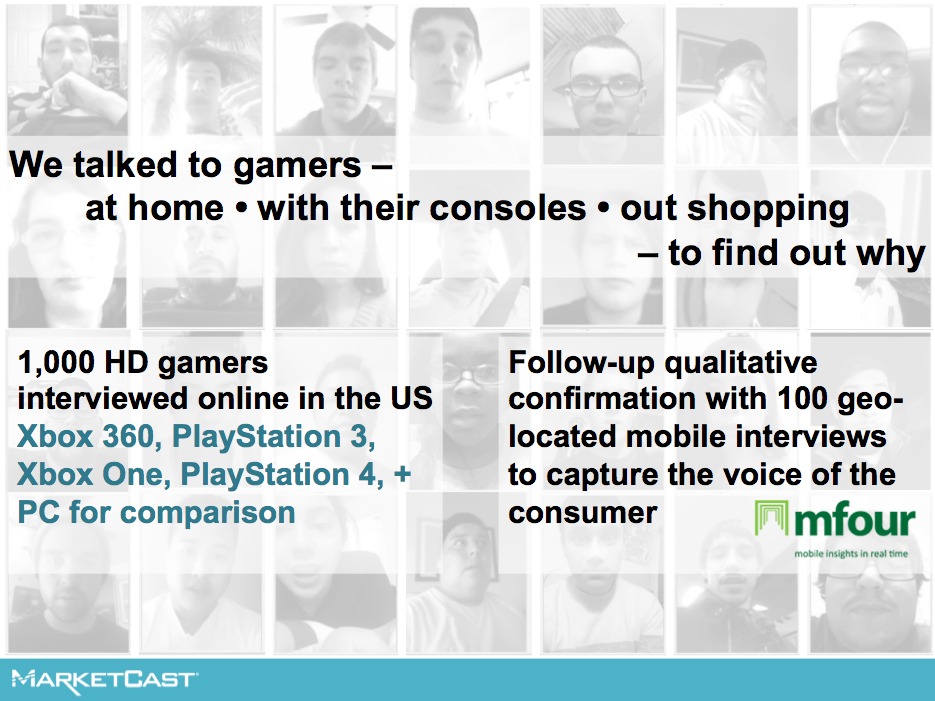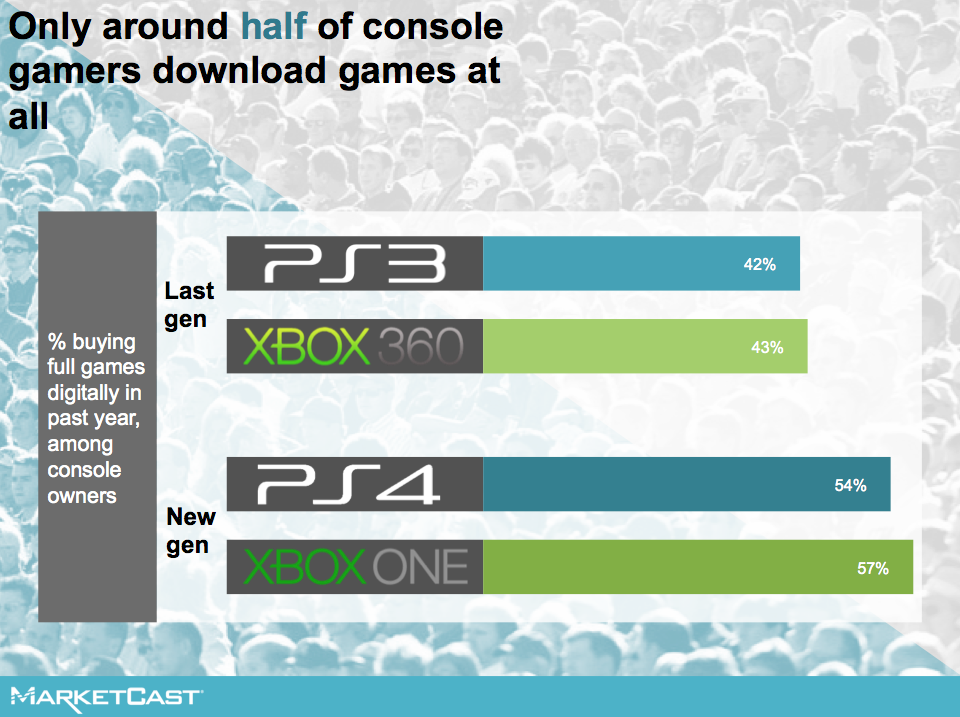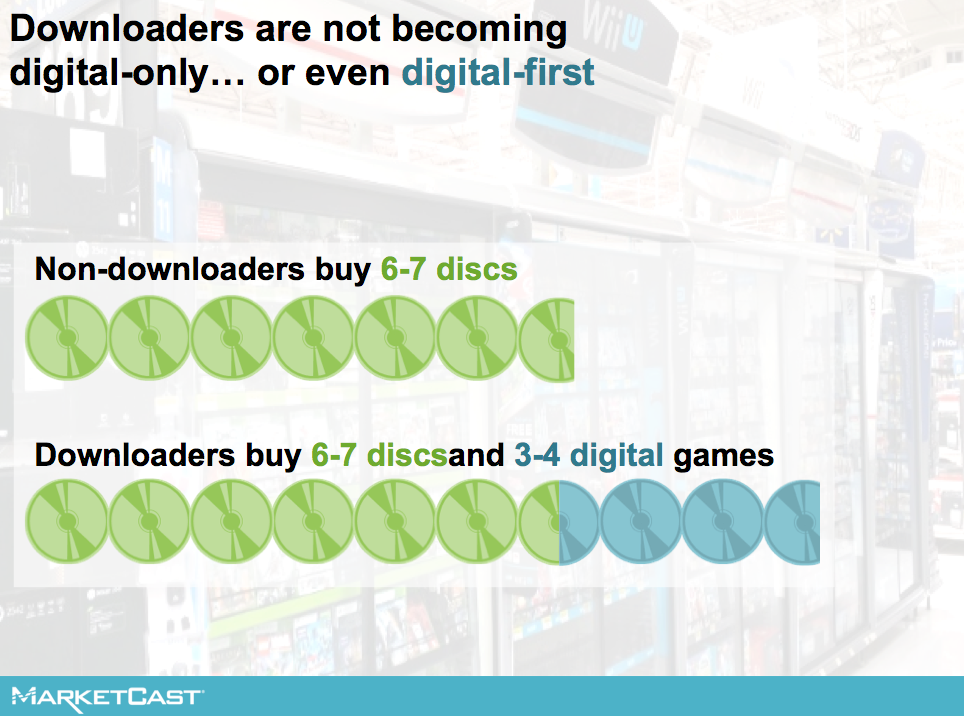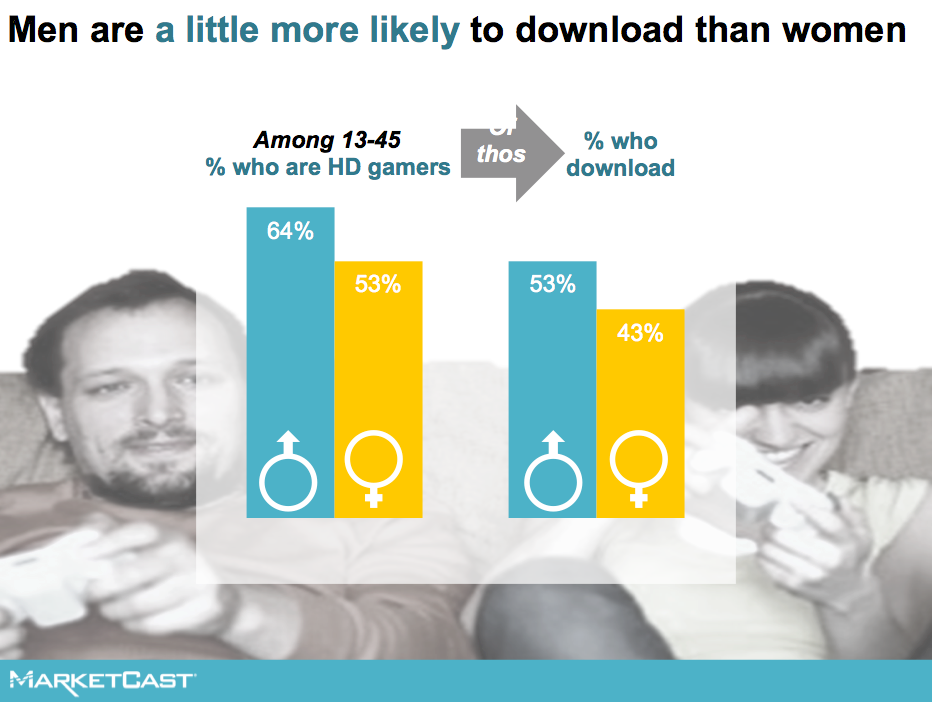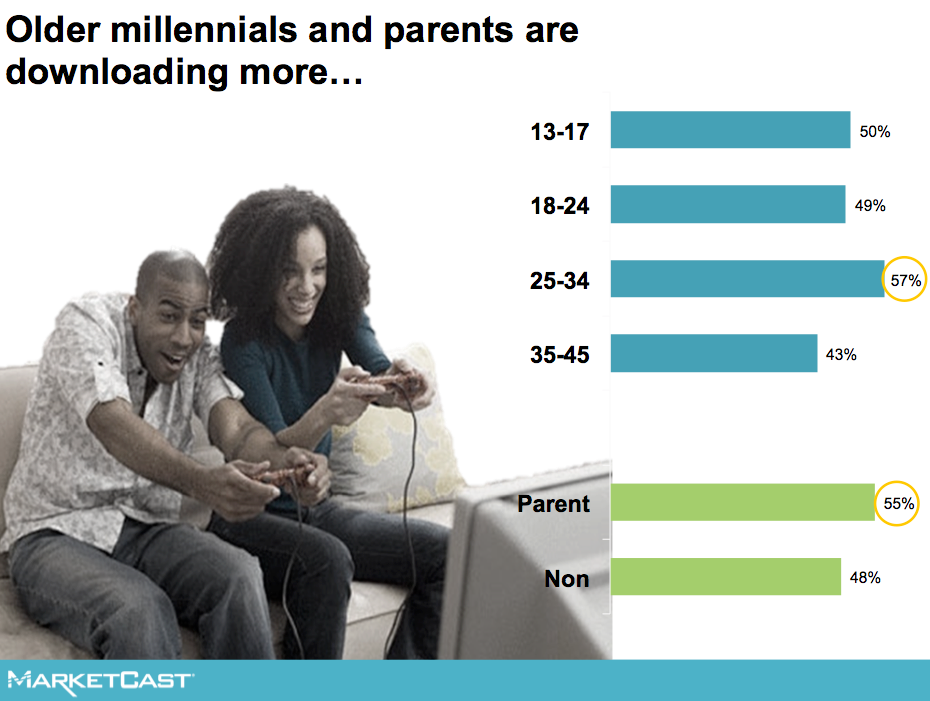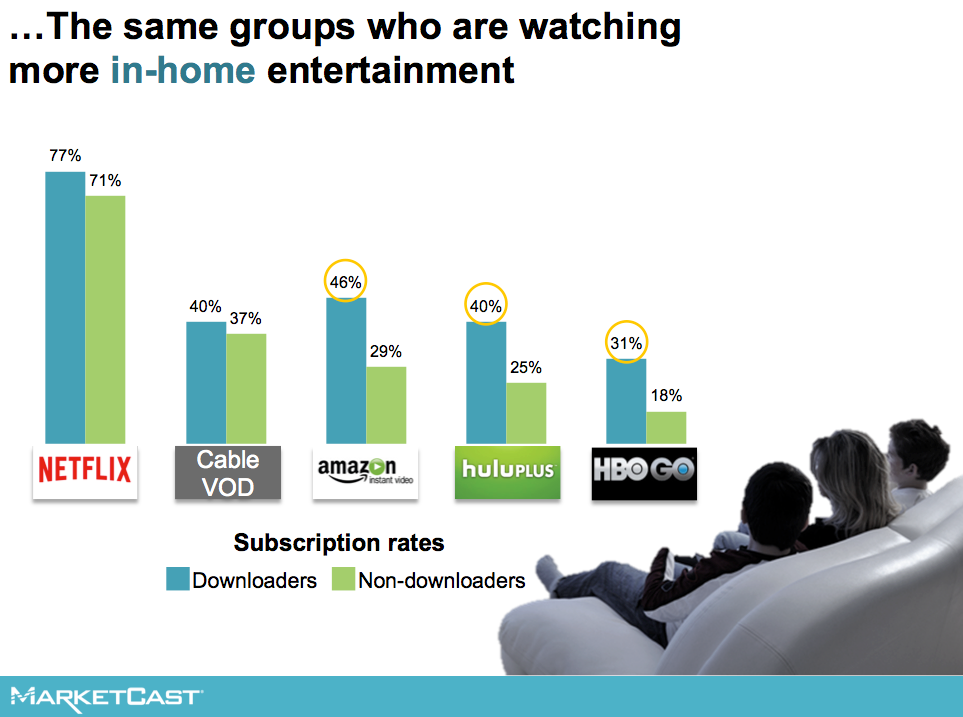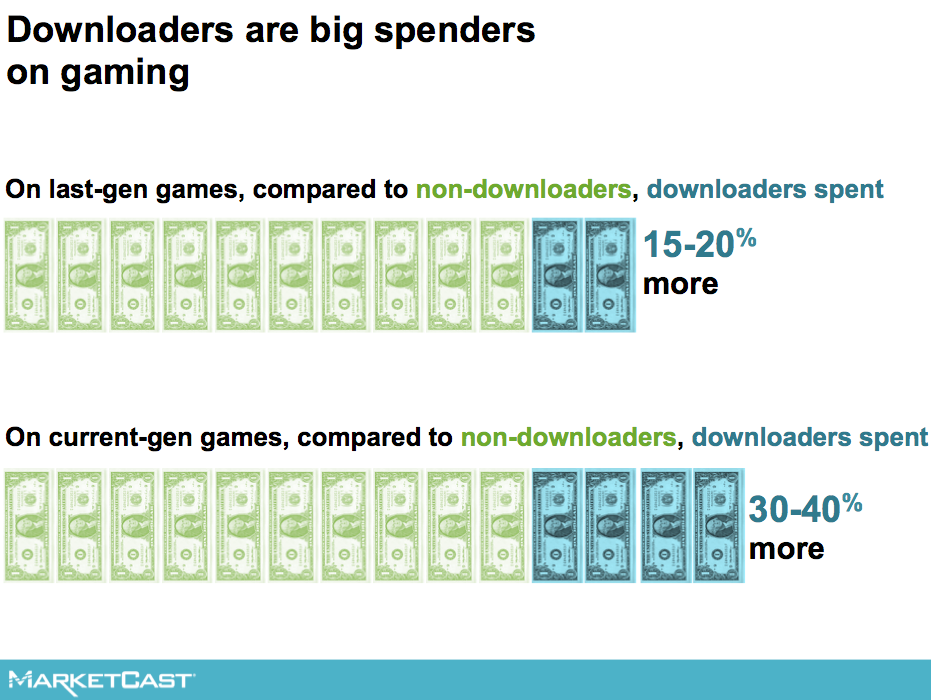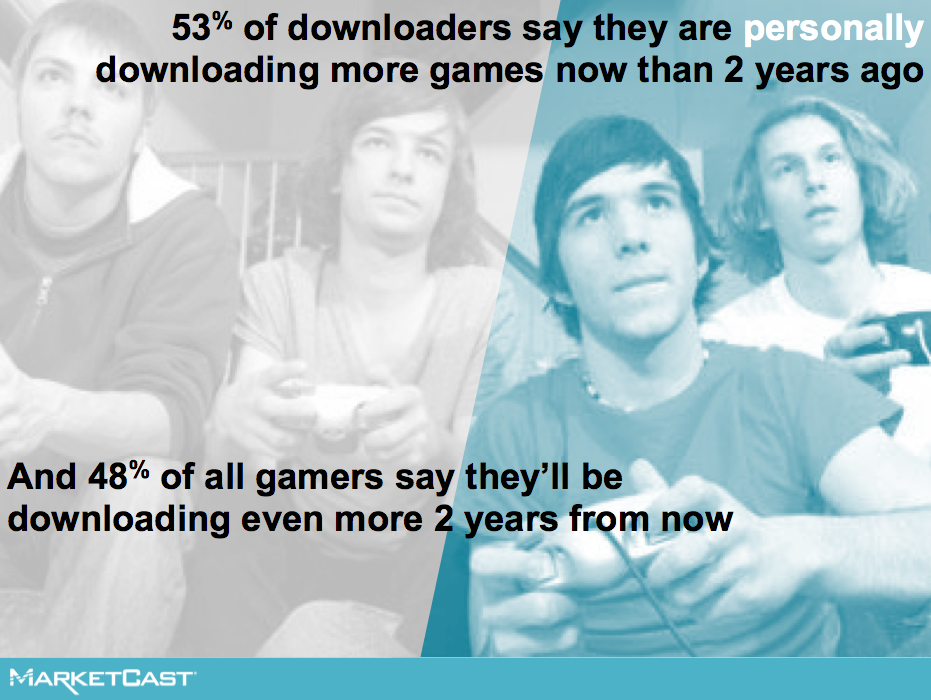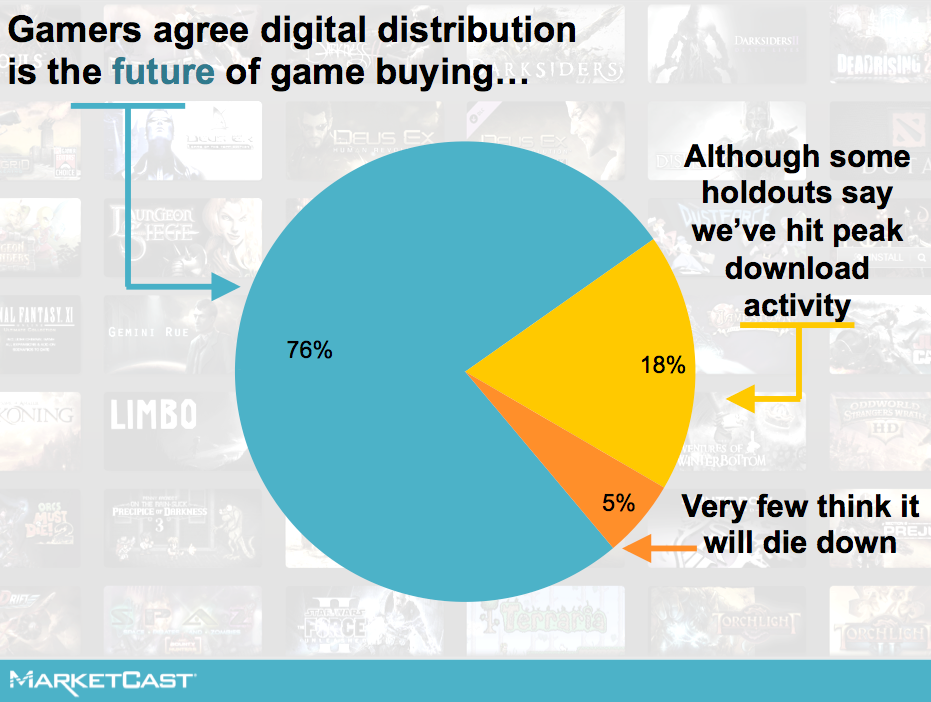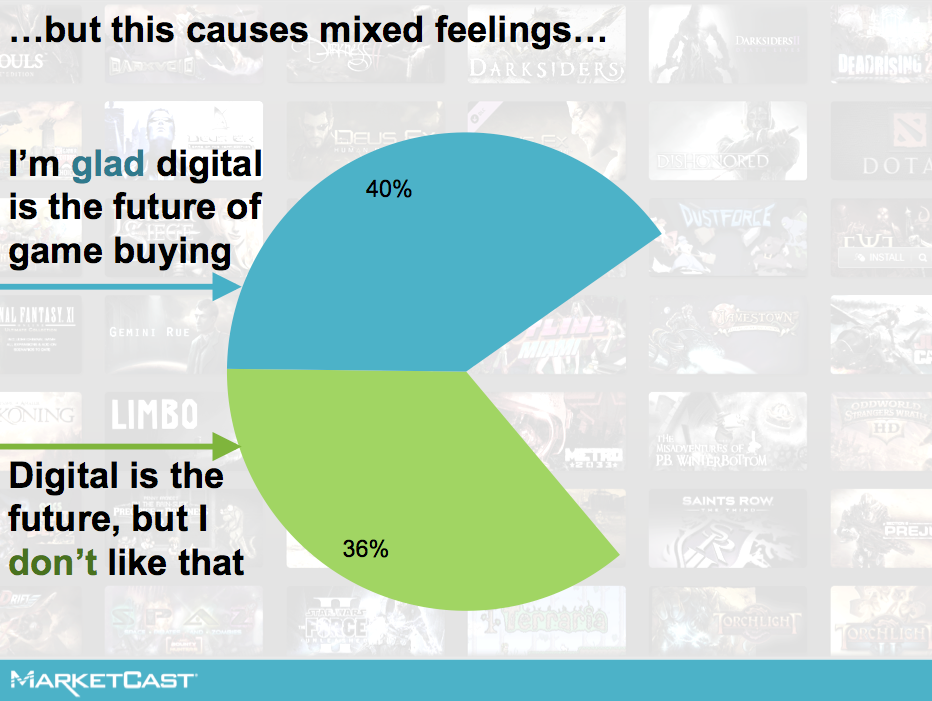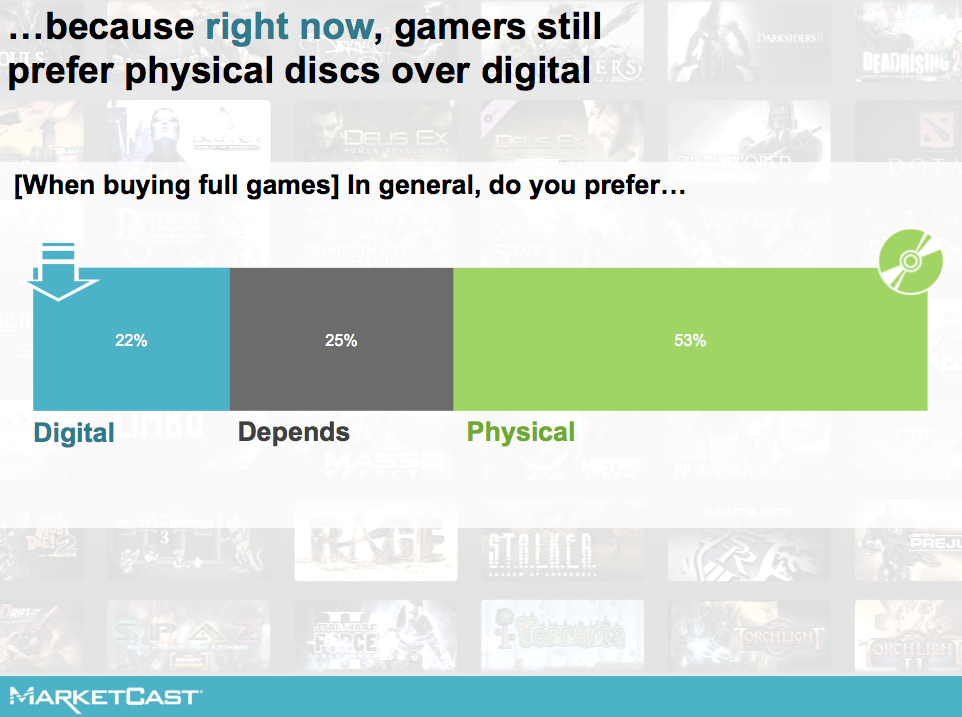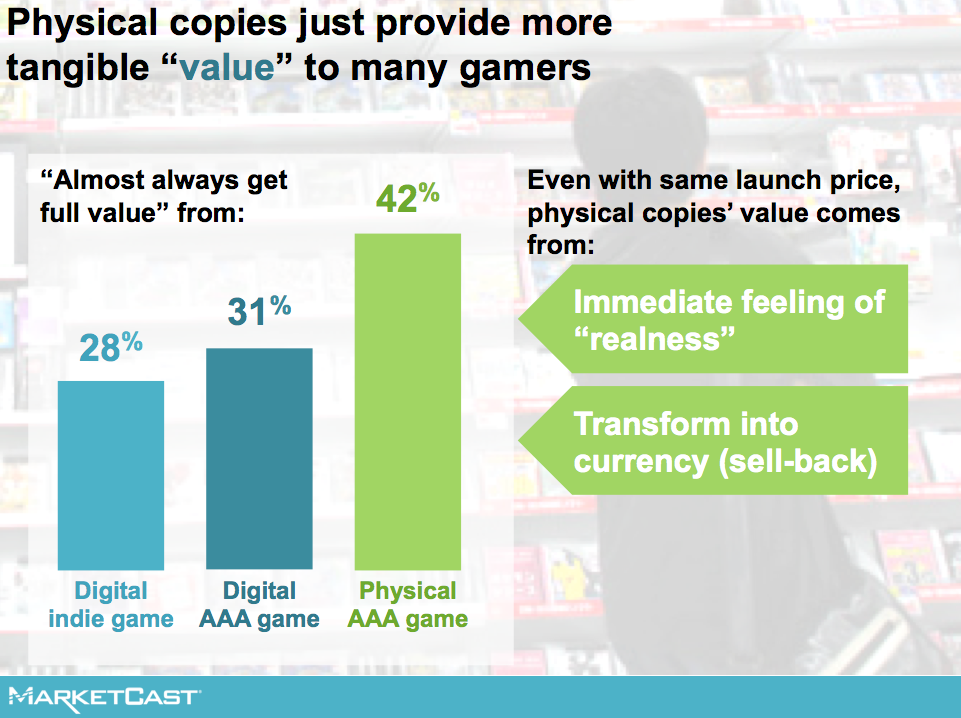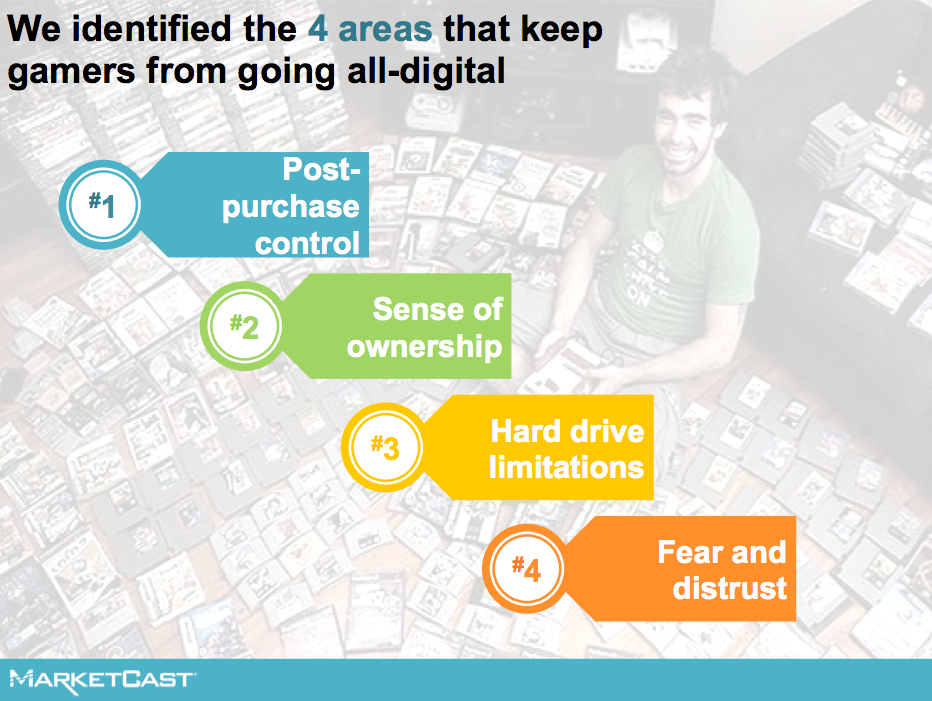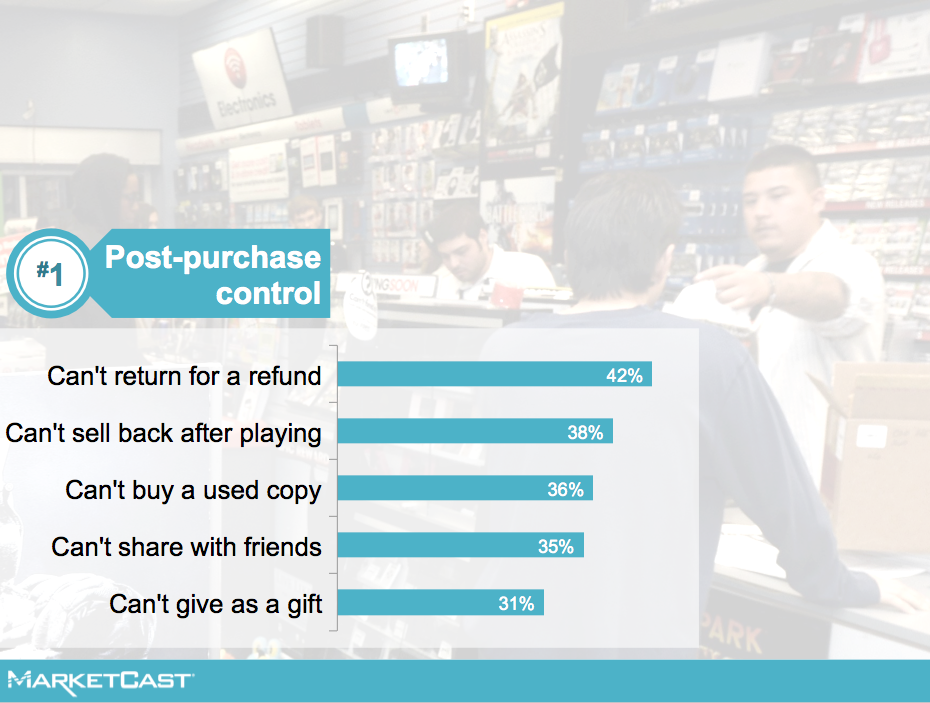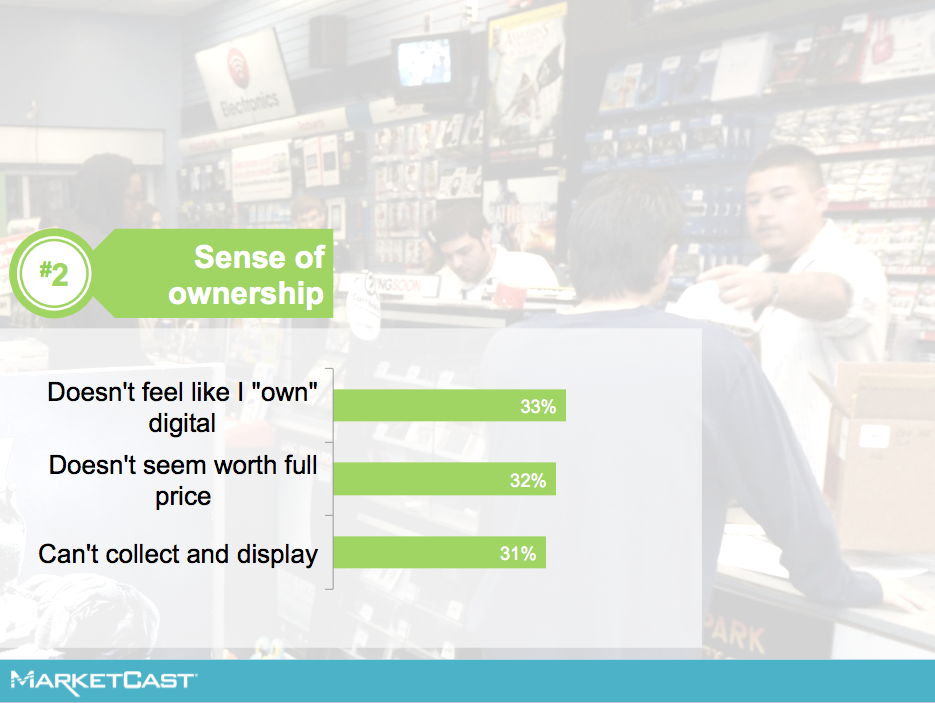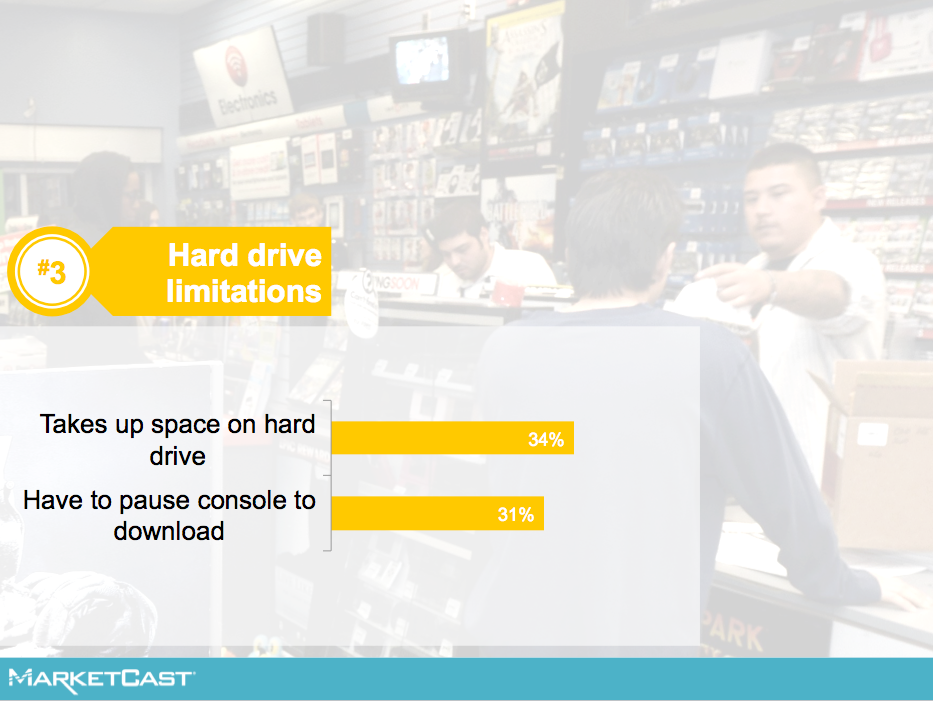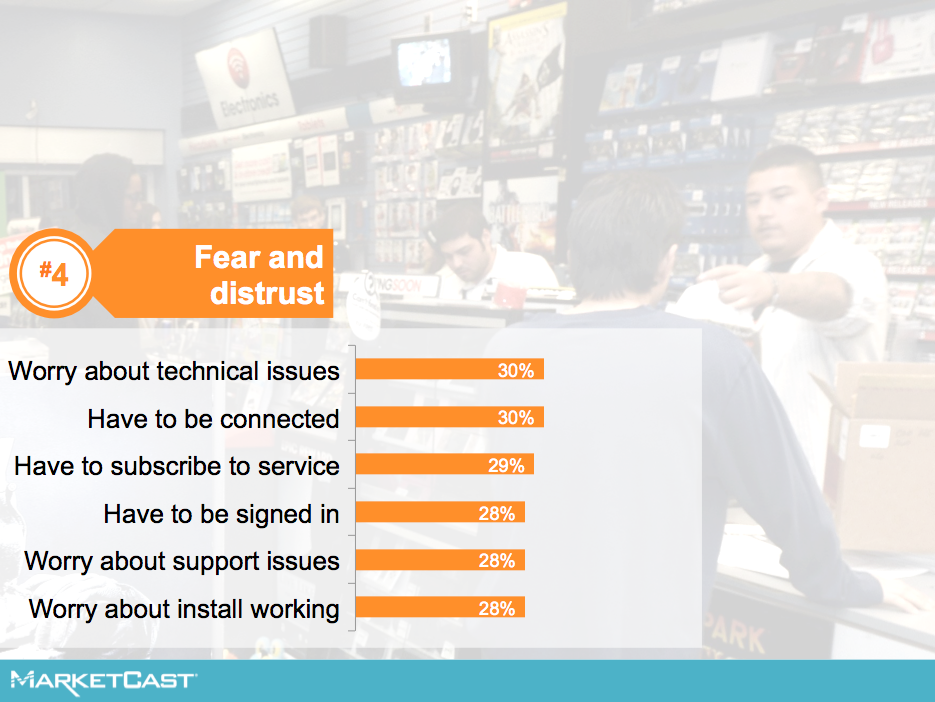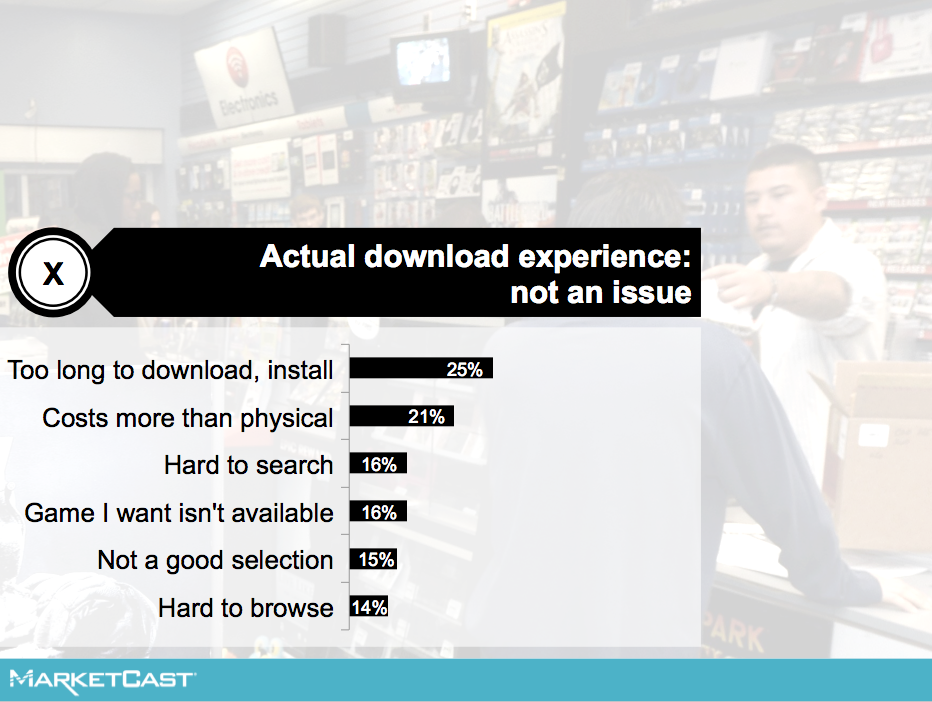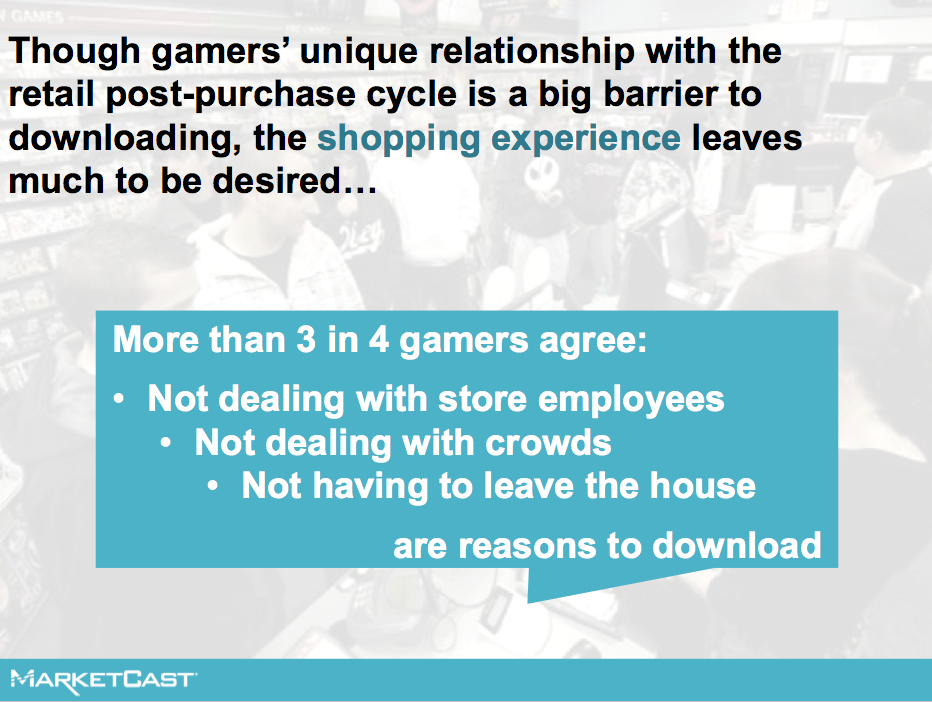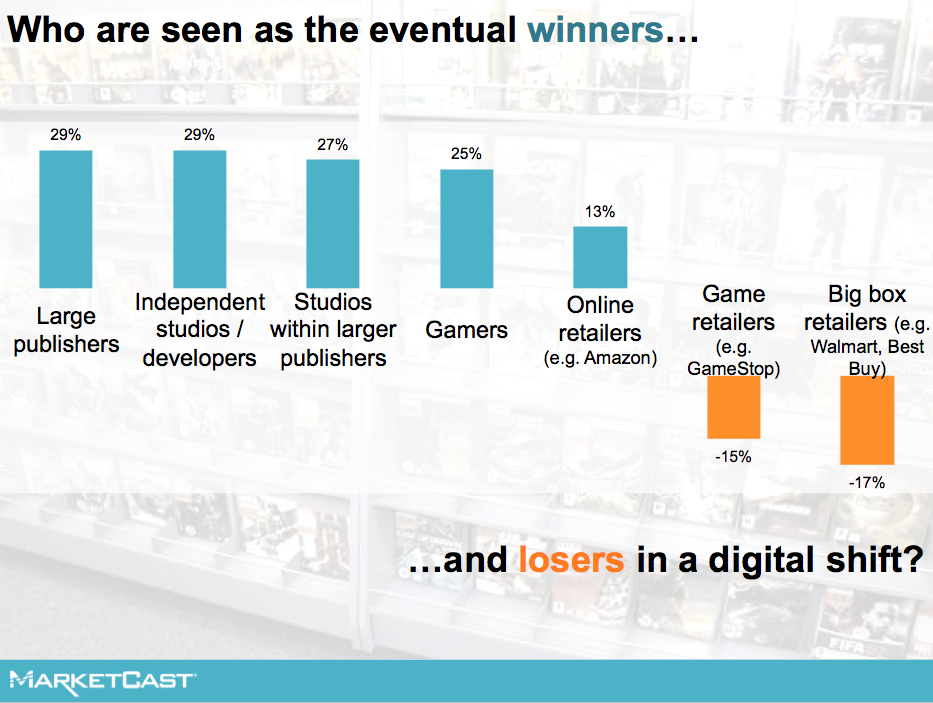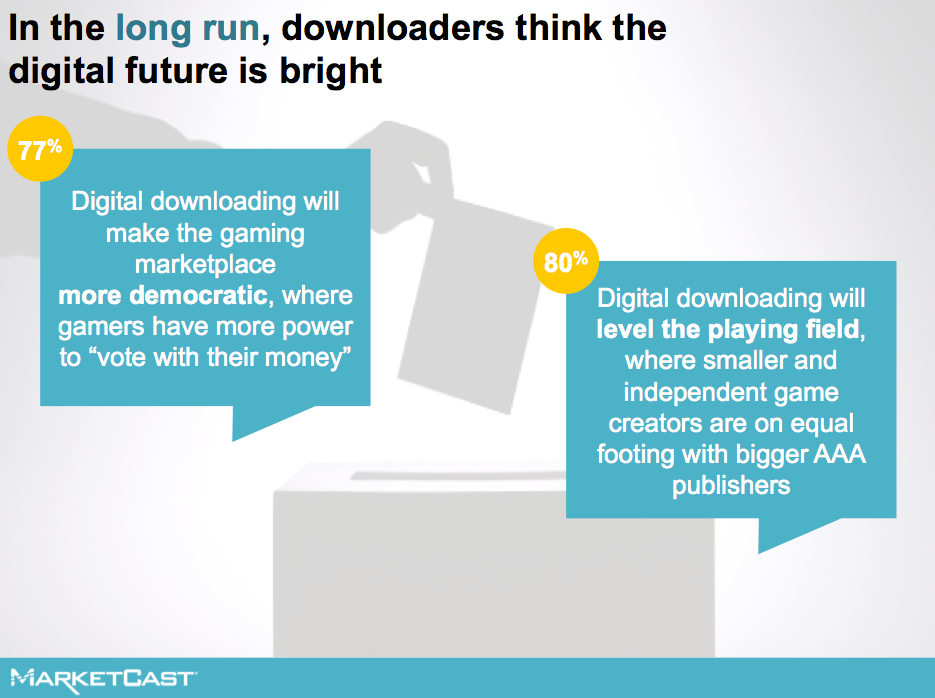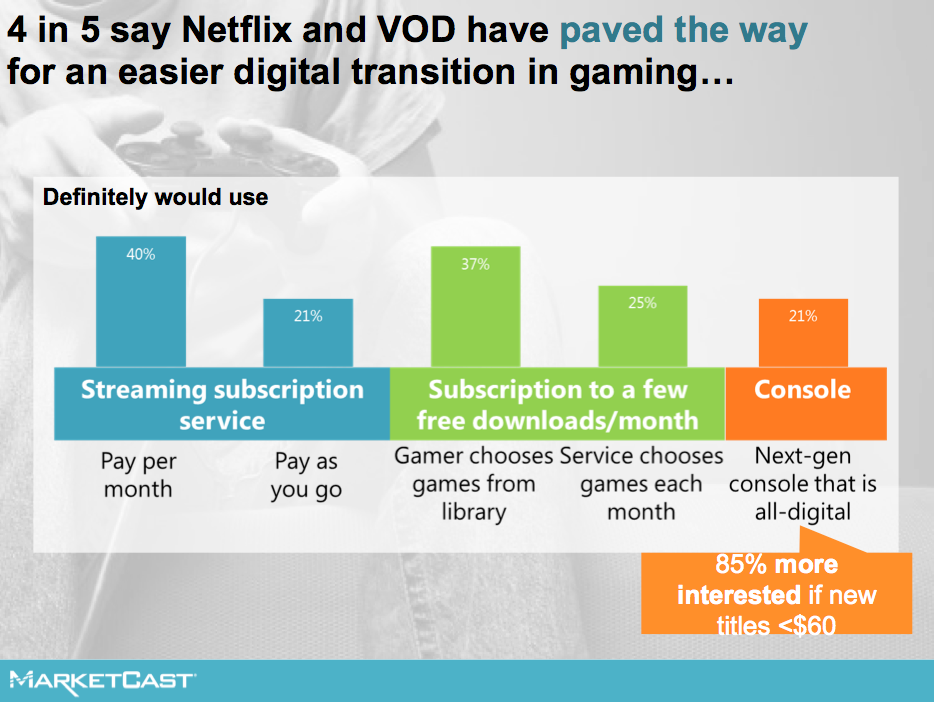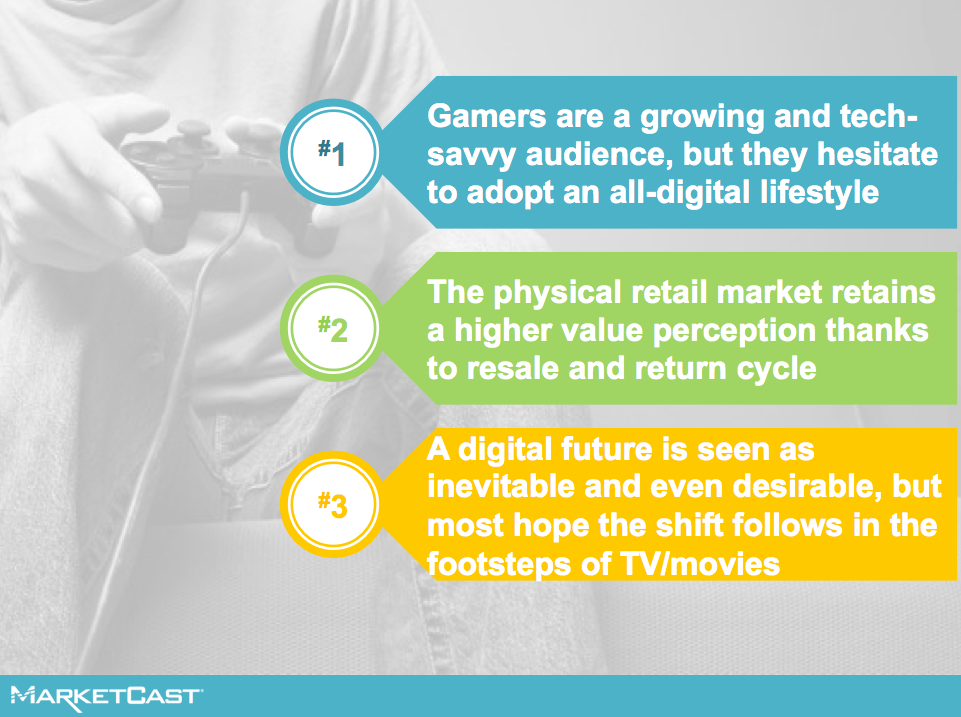
Benjamin Franklin said that “games lubricate the body and the mind,” and you could probably generate a lively debate as to whether the founding father’s wisdom applies to video games.
There’s no debating the importance of video games to a huge audience of players. Which means that there’s no debating the need for market research professionals to turn their gaze and consumer insights expertise toward understanding gamers– not just as game-players, but as fully-contextualized consumers.
As we’ll point out, mobile game apps aren’t just a gateway to fun for their users and a river of potential profits for their creators, but also a pipeline for all kinds of consumer insights into how gamers fit into a larger universe of shopping and buying.
Newzoo, a marketing and analytics consultant that tracks the gaming and esports industries, estimates the North American video games market at more than $34 billion in 2018, up 14% from 2017. It recently reported that there are 2.3 billion gamers worldwide, who it estimates will spend $138 billion this year, including $70 billion spent by mobile gamers. It’s the first time mobile will have accounted for more than half of annual worldwide gaming revenues.
Market researchers who want to get to know those many mobile gamers are in luck. Thanks to mobile-app targeting, they can be reached with 100% accuracy. You can design a survey that blankets users of the top five gaming apps, or just a single app. You can ask about their gaming preferences – or their snack and beverage preferences. Mobile app-targeting from MFour gives you a 100% Incidence Rate for connecting with consumers by the apps they use. We simply match the apps you want to target against the apps used by the validated, first-party mobile consumers who’ve downloaded our Surveys On The Go® research app.
For example, back when the Pokémon Go craze broke out, mobile app targeting enabled us to be the first organization to conduct a systematic survey of Pokémon Go players. Within a single day, we got 1,000 completed responses from 100% validated players. It wasn’t just proof of Pokémon Go’s popularity, but of Surveys On The Go®'s effectiveness, thanks to its own popularity among 2.5 million U.S. consumers who have downloaded it and are beyond-willing to participate in your research.
If you’re looking for insights into what players think of various video games, app-targeting obviously gives you a fast, direct connection. But it will be just as useful for understanding consumers ages 13 and over for whom playing video games is just part of who they are. They’ll readily engage with you about products and services across any consumer sectors. Remember, your IR is 100% – a big first step toward getting insights on a fast-turn deadline.
Of course, the same kind of targeting can be done with consumers who use banking apps, news apps, or streaming apps for sports and entertainment. You can focus on their satisfaction with the apps themselves, or just use the connection to get feedback on the snacks these app-users buy, the other forms of entertainment they consume, which electronics stores they frequent, and any other subject that may or may not have to do with their gaming.
You can even ask them if they agree with Ben Franklin that games are good for the mind and body.
As promised, here’s a look at our study of 1,000 Pokémon Go players, completed in a singled day just after the game’s July, 2016 debut in the U.S. Just click here.

